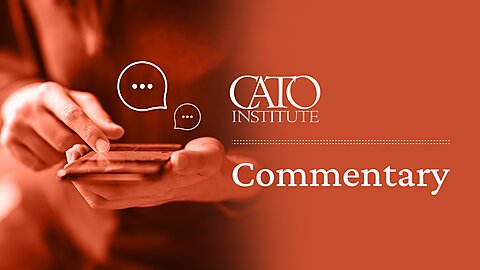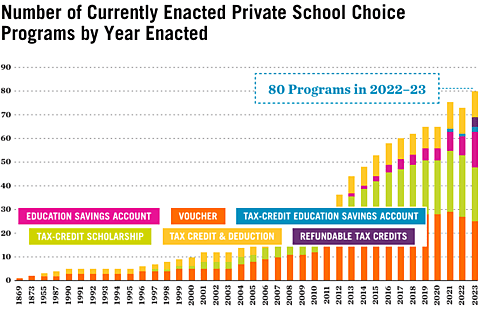There is a saying, “When you hear hoofbeats, think horses, not zebras.” New technologies are often disruptive, but they may or may not actually change the existing legal frameworks that have governed principles like free expression. In many cases, they may be faster horses, not zebras.
In a recent article in Liberty University Law Review, I explore when and whether artificial intelligence (AI) is actually disrupting our existing free expression principles or whether it is merely a new situation for these principles to be applied to. The article builds on the framework from Judge Frank Easterbrook’s early internet era lecture and essay “Cyberspace and the Law of the Horse,” which cautioned against the creation of specialized law for rapidly evolving general-purpose technologies and instead focused on the ability of common law principles to better adapt. But as he cautioned, this may also require reflection on whether existing common law principles are ideal.
In my article, I explore how many concerns about AI, such as the potential of deepfakes or bias, are merely extensions of existing debates and that our existing free expression principles will be able to adapt with only minimal clarification. I caution that what we should watch for are those incidents where common law is sub-optimal and a single concerning ruling might limit free expression, such as was seen in the Stratton Oakmont v. Prodigy case in the internet era that resulted in a need for a statutory intervention via Section 230 to make certain that the common law did not evolve in ways that might limit speech and innovation. Similarly, statutory clarification was needed around intellectual property to ensure that rights holders and those developing new forms of communication could find an appropriate balance.
As a society, we’ve seen similar challenges before around free expression principles and new communication technologies. Before we panic about AI’s potential impact, we should recall that many times the concerns are mere extensions of existing concerns, not new threats.




















